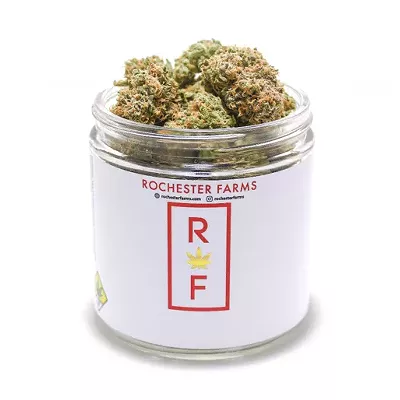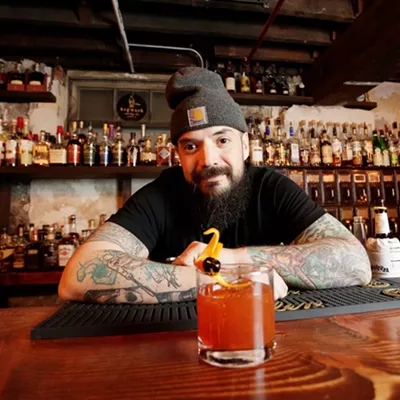Long touted by proponents of alternative medicine as a panacea, evidence is starting to mount supporting the use of cannabidiol (CBD) as a treatment for specific ailments. The latest condition for which CBD's effectiveness has been studied is arthritis.
Last month, researchers from medical centers in Phoenix and Boston and at Hofstra University in New York published a study in the Journal of Cannabis Research that looked into the perceived impact of CBD on joint pain by people who use it as a treatment. The study found that the majority of those surveyed reported pain relief, increased mobility and improved sleep after use of CBD. A reduction in the use of other treatments, such as over-the-counter medications or prescription opiates, was also reported by a majority of the self-selected participants in the online survey.
"Clinicians and patients should be aware of the various alternative therapeutic options available to treat their symptoms of arthritis, especially in light of the increased accessibility to cannabidiol products. The present study, while exploratory in nature, suggests there may be therapeutic benefits to CBD use and highlights the need for research in a field where the science lags behind popular use," the researchers wrote in the study's conclusion. "Future research should focus on exploring the benefits of CBD use in this patient population with well-controlled clinical trials."
That statement about science lagging behind use is important to note because regulations are lagging behind use as well. Another study also published in the Journal of Cannabis Research earlier this year found that nearly one in two CBD products available nationally claim a CBD content that is more than a 10 percent margin of error from what the product actually contains.
Taken together, the two studies suggest that CBD may be helpful for joint pain, but finding an accurate dosage isn't as easy as simply reading the label.
Fortunately, consumers in Washington who are interested in trying CBD for joint pain have a way to be certain about the content of what they consume. CBD products sold in corner stores and supermarkets are not subject to the same level of regulation as those sold at a licensed cannabis dispensary.
To be produced by a state-licensed grower or sold in a state-licensed dispensary, CBD products are subject to the same testing and labeling requirements as all other cannabis products produced or sold legally in Washington, regardless of whether or not the CBD product also contains THC. CBD products sold in stores are often marketed as over-the-counter remedies, but are not regulated as such by the Food and Drug Administration. ♦





















